Methodology of the DCCSS later fatigue study: a model to
Por um escritor misterioso
Last updated 23 fevereiro 2025
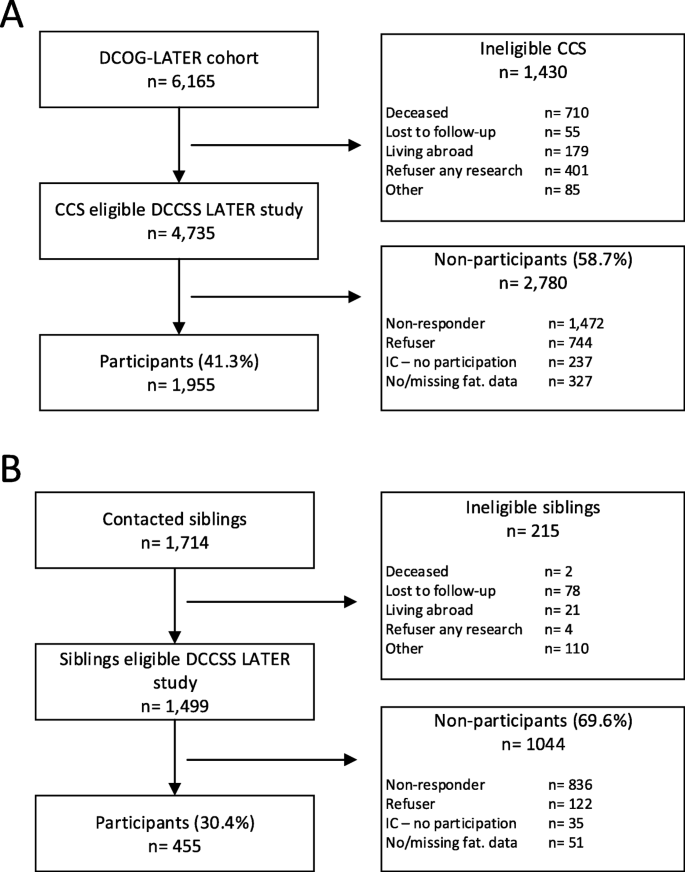
Background A debilitating late effect for childhood cancer survivors (CCS) is cancer-related fatigue (CRF). Little is known about the prevalence and risk factors of fatigue in this population. Here we describe the methodology of the Dutch Childhood Cancer Survivor Late Effect Study on fatigue (DCCSS LATER fatigue study). The aim of the DCCSS LATER fatigue study is to examine the prevalence of and factors associated with CRF, proposing a model which discerns predisposing, triggering, maintaining and moderating factors. Triggering factors are related to the cancer diagnosis and treatment during childhood and are thought to trigger fatigue symptoms. Maintaining factors are daily life- and psychosocial factors which may perpetuate fatigue once triggered. Moderating factors might influence the way fatigue symptoms express in individuals. Predisposing factors already existed before the diagnosis, such as genetic factors, and are thought to increase the vulnerability to develop fatigue. Methodology of the participant inclusion, data collection and planned analyses of the DCCSS LATER fatigue study are presented. Results Data of 1955 CCS and 455 siblings was collected. Analysis of the data is planned and we aim to start reporting the first results in 2022. Conclusion The DCCSS LATER fatigue study will provide information on the epidemiology of CRF and investigate the role of a broad range of associated factors in CCS. Insight in associated factors for fatigue in survivors experiencing severe and persistent fatigue may help identify individuals at risk for developing CRF and may aid in the development of interventions.

PDF) Methodology of the DCCSS later fatigue study: a model to

Table 2 from Validation of the fatigue scale for motor and

Prevalence and 95% Confidence Intervals of severe and chronic

Causality on cross-sectional data: Stable specification search in

PDF) Reliability and Validity of Turkish Versions of the Child

PDF) Evaluating cancer related fatigue during treatment according

Physical frailty deteriorates after a 5‐day dexamethasone course

PDF) Reliability and Validity of Turkish Versions of the Child
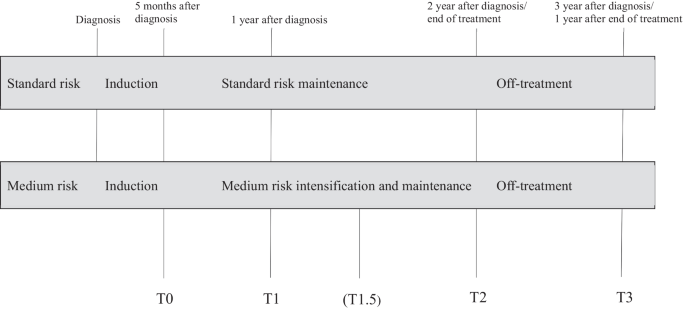
Fatigue trajectories during pediatric ALL therapy are associated
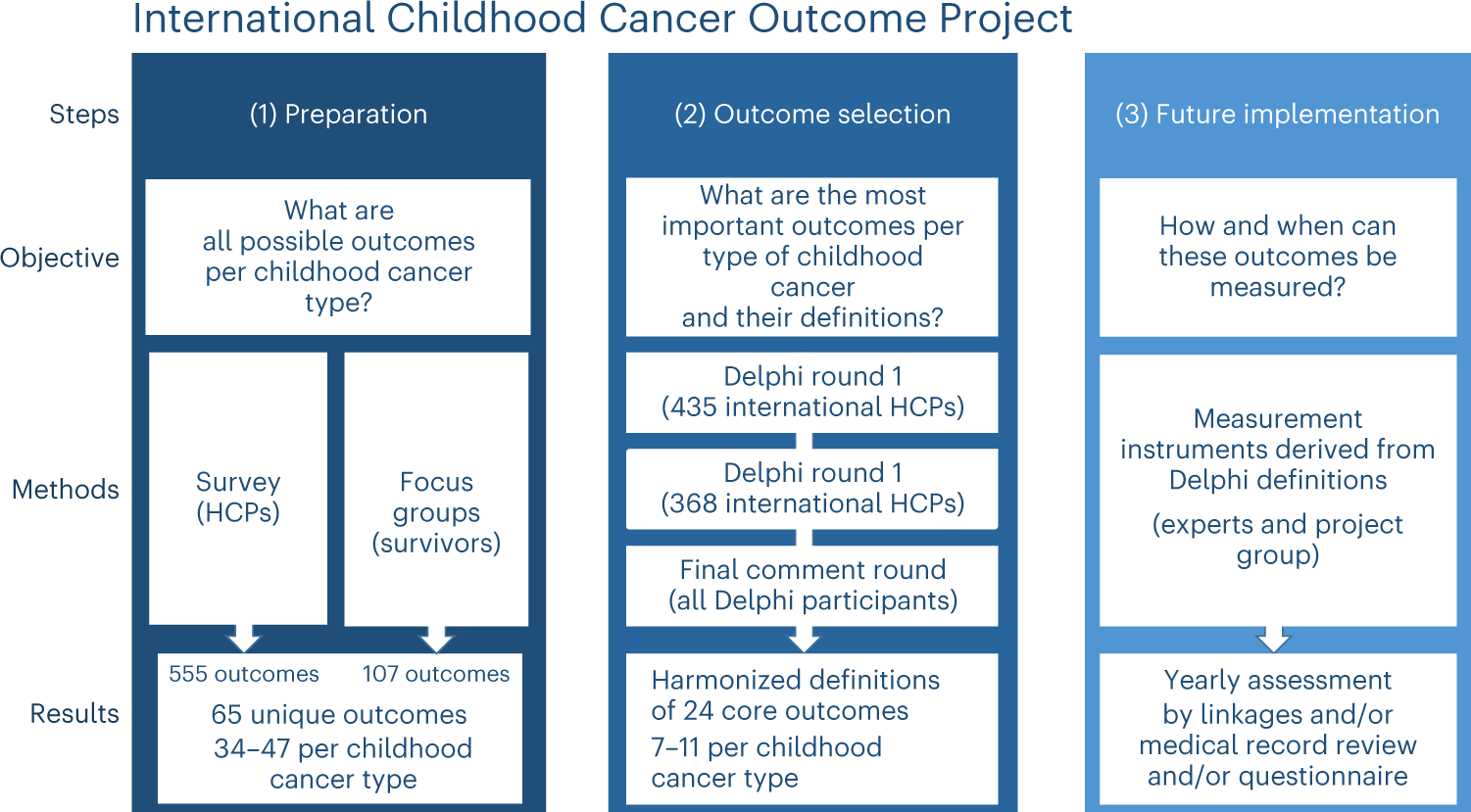
A joint international consensus statement for measuring quality of

Cancer-related fatigue: scoping review to synthesize a definition
Recomendado para você
-
Motogp Logo #3 - Motorsport NFT SHOP23 fevereiro 2025
-
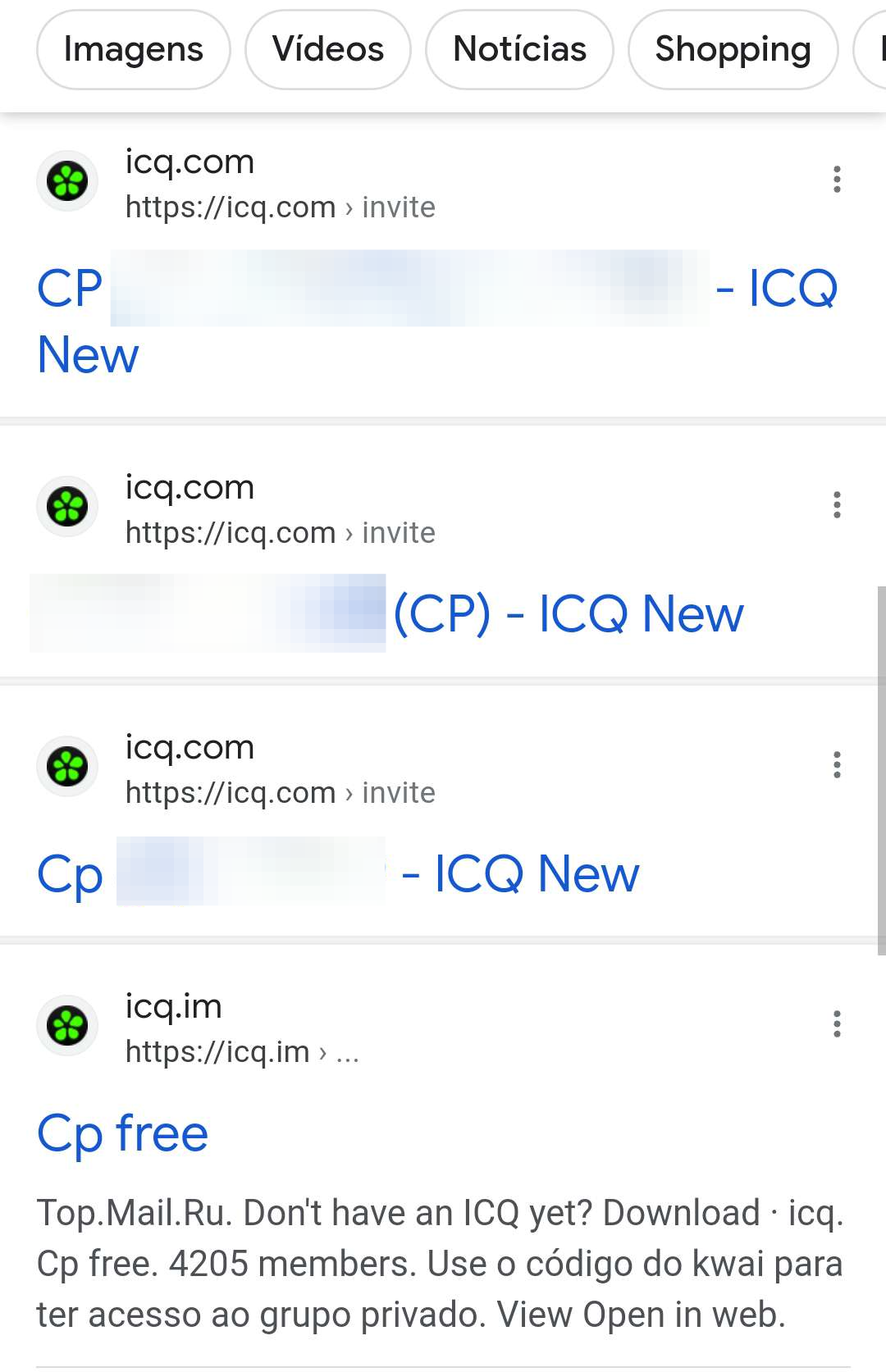 Links com abuso infantil ficam no topo de buscas de Google e Bing23 fevereiro 2025
Links com abuso infantil ficam no topo de buscas de Google e Bing23 fevereiro 2025 -
 Denunciador on X: Ajudem a denunciar aí, essas contas tão compartilhando links para grupos / X23 fevereiro 2025
Denunciador on X: Ajudem a denunciar aí, essas contas tão compartilhando links para grupos / X23 fevereiro 2025 -
 Xiamen Air unveils a new Universal Beijing Resort Minion Land special livery on B-191323 fevereiro 2025
Xiamen Air unveils a new Universal Beijing Resort Minion Land special livery on B-191323 fevereiro 2025 -
 European Journal of Psychological Assessment 2020 by Hogrefe - Issuu23 fevereiro 2025
European Journal of Psychological Assessment 2020 by Hogrefe - Issuu23 fevereiro 2025 -
 1880 Proceedings - Grand Lodge of Missouri by Missouri Freemasons - Issuu23 fevereiro 2025
1880 Proceedings - Grand Lodge of Missouri by Missouri Freemasons - Issuu23 fevereiro 2025 -
 CryptoPunkets #533 - CryptoPunkets23 fevereiro 2025
CryptoPunkets #533 - CryptoPunkets23 fevereiro 2025 -
 Frontier Airlines announces GoWild! All-You-Can-Fly Monthly Pass™ for free in the first month23 fevereiro 2025
Frontier Airlines announces GoWild! All-You-Can-Fly Monthly Pass™ for free in the first month23 fevereiro 2025 -
E2422A Smart Cellular Phone User Manual Revised User Guide Apple .23 fevereiro 2025
-
CEHv8 Module 05 System Hacking, PDF, Password23 fevereiro 2025
você pode gostar
-
 roupa do luffy gear 523 fevereiro 2025
roupa do luffy gear 523 fevereiro 2025 -
 Quebra Cabeça Puzzle 3000 Peças Montmartre Paris Grow23 fevereiro 2025
Quebra Cabeça Puzzle 3000 Peças Montmartre Paris Grow23 fevereiro 2025 -
RTS :: Fudbal :: Fudbaleri Železničara u Pančevu dočekuju Zvezdu23 fevereiro 2025
-
 chainsawman mapplestar23 fevereiro 2025
chainsawman mapplestar23 fevereiro 2025 -
/i.s3.glbimg.com/v1/AUTH_08fbf48bc0524877943fe86e43087e7a/internal_photos/bs/2020/s/d/AD4cxMShyMyGnPIBebvQ/ps5.jpg) PS5: Sony confirma falta de retrocompatibilidade com PS1, PS2 e PS323 fevereiro 2025
PS5: Sony confirma falta de retrocompatibilidade com PS1, PS2 e PS323 fevereiro 2025 -
 Anyone ever play Madworld on the Wii? Tried it some years ago and man it's probably one of the best Wii games I've ever tried : r/wii23 fevereiro 2025
Anyone ever play Madworld on the Wii? Tried it some years ago and man it's probably one of the best Wii games I've ever tried : r/wii23 fevereiro 2025 -
 Why is Google Drive app using so much space? Anyone else have this problem?? I don't have anything saved locally and I use the Files app for google drive access. Also, uploading23 fevereiro 2025
Why is Google Drive app using so much space? Anyone else have this problem?? I don't have anything saved locally and I use the Files app for google drive access. Also, uploading23 fevereiro 2025 -
This Team is Awesome! - Fast Rounds! - (ShellShock Live) - video Dailymotion23 fevereiro 2025
-
--83d48557e9a6c9846e0461a5f740db98.jpg) WrestleMania 39 tickets are now on sale at Ticketmaster.com23 fevereiro 2025
WrestleMania 39 tickets are now on sale at Ticketmaster.com23 fevereiro 2025 -
 Nabnab (Banban Backwards)23 fevereiro 2025
Nabnab (Banban Backwards)23 fevereiro 2025


